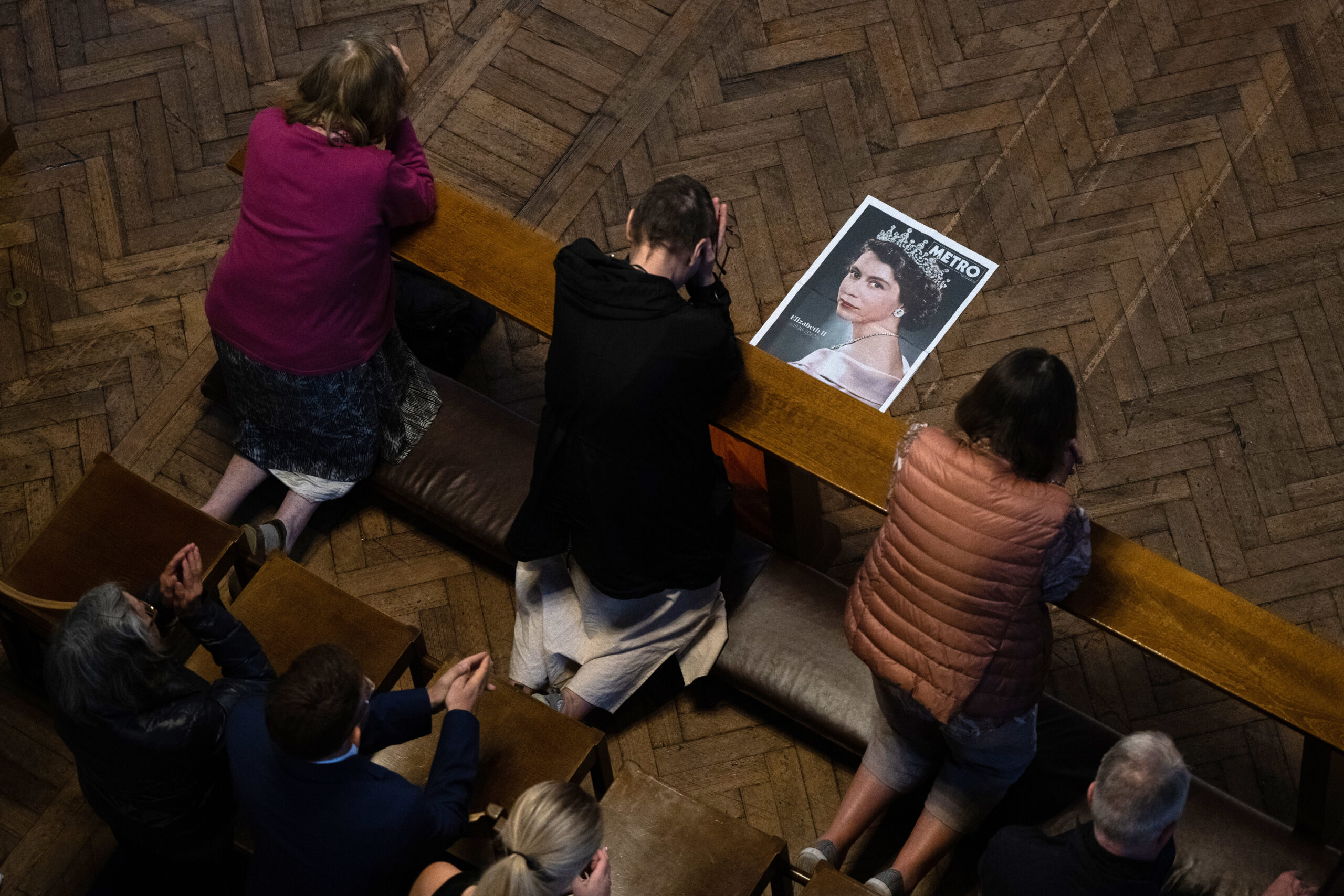
September was an intense month. With both a new Prime Minister and monarch, I’ve been reflecting on why we follow those in positions of leadership and what it means to be a good leader.
It has been remarkable to see the outpouring of love and affection for Queen Elizabeth II at her passing, with people expressing a deep sense of loss for someone whom many of them had never met. A common thread was that she embodied a goodness which the world has lost. Such appreciation is unusual for most modern leaders within secular society.
I think there are three things which were key to this style of good leadership:
The Queen clearly saw that her source of constancy was her faith and commitment to family.
Constancy is not necessarily a positive in and of itself as it can easily become stubbornness. However, in the Queen’s case, her constancy bred a trust of her leadership.
Leading from a place of constancy gives other people a lynch-pin around which they can be confident in their strengths and weaknesses. For the areas of our lives where we have positions of leadership, being consistent with those we are leading sets clear boundaries and expectations for behaviour.
While contentious, I also think that the exclusivity of royalty made her a good leader.
The very concept of royalty, as an exclusive thing reserved to a single family, is definitely contentious. However, while this exclusivity should be offensive to us when it is self-serving, I think there is something more complex going on with how the Queen lived it.
In the case of our royal family, I see it as similar to the exclusivity of a marriage. When a man and woman get married, they are committed to a life of service. It is exclusive in the sense it’s a duty wrapped up in their persons, but also inclusive in the sense it serves any children they may have, and, by extension, wider society.
There will always come times when leaders receive exclusivity. More resources might be allocated, or a senior position granted. The goal of this must be to benefit the common good and the people around us. It is an encouragement to serve, which is something the Queen committed to from her first day and lived out to her last.
Finally, the Queen acted as a totem for the values and culture we aspire to see in our society.
It is clear from the writings of St Thomas Aquinas that part of the role of Law is to teach. Leadership figures, by making laws and setting boundaries, articulate the norms of society and thereby teach their subjects how to be part of the community.
While monarchs have ceased teaching by directly making laws, they now act as teachers through behaviour. The Queen was exemplary in embodying the best of our society’s values and culture.
Likewise, any leader should acknowledge their own position and reflect on how they implement structures, rules and cultural norms.

Ben is a founding trustee of Catholic Student Network. He also volunteers for theASCENT as a mentor for young people. Professionally, he works in Central London managing projects involving the laying of submarine fibre-optic cables, after graduating from the University of Sheffield. Get in touch with Ben at ben@catholicstudentnetwork.com. For more on the Catholic Student Network, go to https://www.catholicstudentnetwork.co.uk/
Subscribe to our Newsletter
Sign up to receive our fortnightly email with our latest news, features and events…
See our Privacy Policy here.